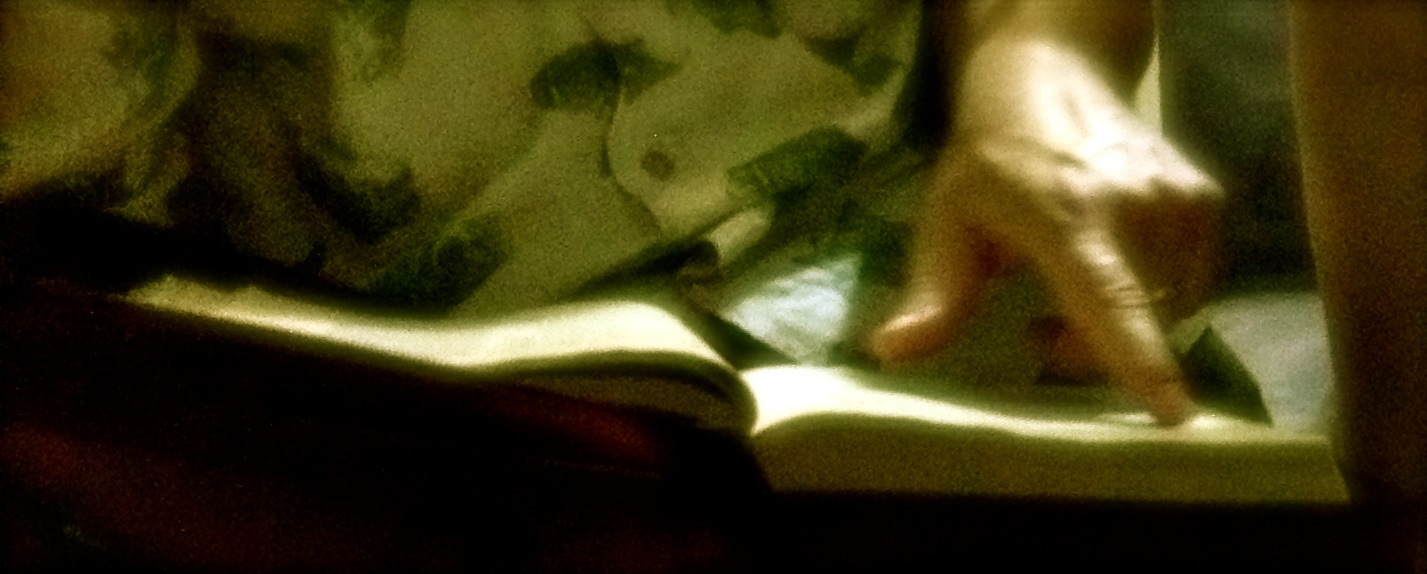This morning I read in Genesis the forty-first chapter and noticed something new to me: Joseph forgets his past suffering, because God has blessed him so greatly. Are we all capable of receiving such blessing that we might be able forget all of the past pain?
Here are the verses in which I learned about Joseph forgetting the old misfortunes:
Before the year of famine came, two sons were born to Joseph. Asenath, the daughter of Potiphera priest of On, bore them to him. Joseph called the name of the firstborn Manasseh. “For,” he said, “God has made me forget all my hardship and all my father's house.” The name of the second he called Ephraim, “For God has made me fruitful in the land of my affliction.” (Genesis 41:50-52, ESV)
How beautiful it is that God did not only make Joseph fruitful and happy, but God did so for Joseph in the same place Joseph was in during his worst period of suffering. Moreover, it was so good that Joseph forgot about the slavery he was in before the sunshine came.
The apostle Paul adds insight here:
"For this light momentary affliction is preparing for us an eternal weight of glory beyond all comparison, as we look not to the things that are seen but to the things that are unseen. For the things that are seen are transient, but the things that are unseen are eternal. (2 Corinthians 4:17-18, ESV, emphasis added)
By the way, if you haven't read The Weight of Glory, by C.S. Lewis, the book is well worth the time and money.
Lewis writes therein, “At present we are on the outside of the world, the wrong side of the door. We discern the freshness and purity of morning, but they do not make us fresh and pure. We cannot mingle with the splendours we see. But all the leaves of the New Testament are rustling with the rumour that it will not always be so. Some day, God willing, we shall get in.”
Paul adds again, "I consider that the sufferings of this present time are not worth comparing with the glory that is to be revealed to us. (Romans 8:18, ESV)
One day, God will right all the wrongs and bless you who would be in Christ out of this world and into a far, far better one that is unimaginably fantastic, yet -- real. That is not to say this one is to be tossed out and forgotten just yet. Uncertain as we are as to how long it shall take us to get to the next world, it is our duty to make this one as much like the next as possible.


